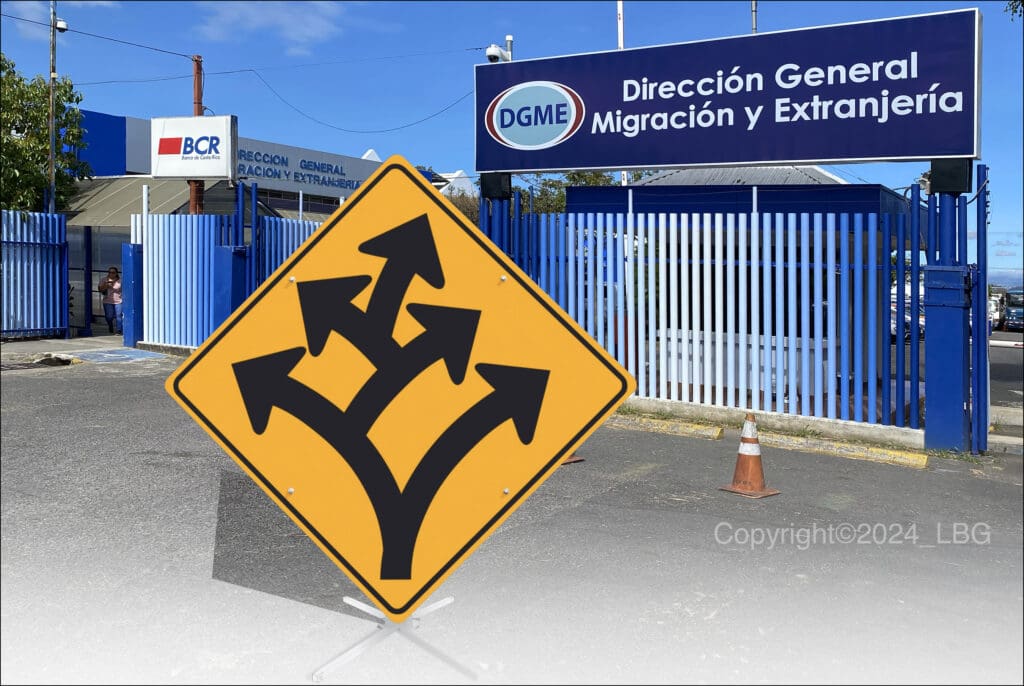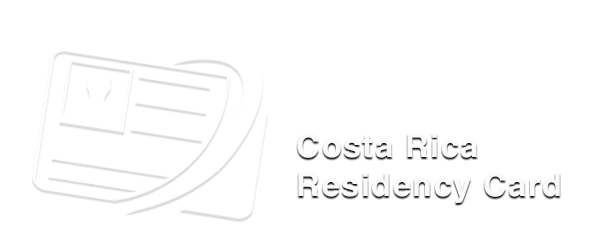
“Hey Laura… my lawyer abandoned me. Can you help?”
An increasingly common lament and request.
I recently submitted a Power of Attorney for a new client who requested that I investigate his case further. When I presented this documentation to the intake staff at the DGME (Costa Rica Immigration offices), they asked the routine question, “What is the reason for this change in representation?”
I explained that the client had been abandoned by their lawyer. The staffer responded with a knowing roll of the eyes, saying, “Oh, that’s becoming quite common these days.”
The reasons for such outcomes could have been attributed to several factors over the years that I have received such emails. But a significant reason of late has been the tightening of rules at the Costa Rica Department of Immigration and introduction of new regulations aimed at addressing a backlog of over 6,000 applications. Many of these applications were incomplete, fraudulent, or improperly filed, with up to 80% being routinely rejected.
As a result of these “clean-up” measures by new management, I’ve noticed a significant decrease in the usual traffic at the DGME. Essentially, those who were clogging the system with problematic applications have now been sidelined.
This is expected to lead to shorter approval times for current and future Costa Rican immigration applications. Although legally the DGME is required to process all submissions within 90 days, they had not consistently met this standard for years. Post-COVID, processing times had extended to an average of 15 to 20 months.
While there have been some unfair decisions, overall, the DGME is now making considerable progress, with some applications that had been pending for up to two years finally getting approved.
My most recent approval came through in less than 90 days, demonstrating measurable progress and a welcome return to efficiency.
_________________________________________________
What to Do If Your Lawyer Abandons You
If your lawyer abandons you, it can be an incredibly stressful and challenging situation. However, there are steps you can take to protect your interests:
- Assess the Situation: First, try to determine whether your lawyer has actually abandoned you or if there’s been a misunderstanding or temporary issue. Attempt to contact your lawyer through all available channels (phone, email, office visit).
- Review Your Contract: Look over the retainer agreement or contract you signed with your lawyer. It should detail the circumstances under which your lawyer can withdraw from representing you.
- Seek an Explanation: If your lawyer is unresponsive, send a formal letter or email requesting an explanation of their actions and clarification on whether they intend to continue representing you.
NOTE: You will likely hear from concerned friends and neighbors or social media groups to file a complaint. In Costa Rica, that may be way more trouble than it is worth. You also don’t want your name stuck in the court system for years as being involved in some sort of legal issue. Credit bureaus and banks spot those and often use the mere appearance of your name in the court system as justification to withhold certain services.
If you cannot get resolution directly with the wayward lawyer, it is best to just move on.
When it comes to the status of your residency application, there are things you can do on your own without the need of any help. So long as you have a copy of the Expediente, (proof of submission of your application).
__________________________________________________
While it remains essential to hire legal representation when applying for Costa Rica residency or citizenship, choosing who to hire can be very stressful. Please consider the following concrete ways to vet those you would consider.
Besides the logical concerns about character and competence, it also involves personal styles of communication and what sounds comfortable to you during your initial engagements through emails and phone/video calls.

When selecting legal representation, it’s important to understand the differences between boutique firms and larger firms. Boutique firms typically offer more personalized service, with direct involvement. In contrast, larger firms often delegate cases to junior associates or support staff, which can impact the level of attention and expertise you receive. Furthermore, a firm’s expertise in areas like real estate, wills, corporate law, or international tax law does not necessarily translate to proficiency in immigration law.
Immigration law is highly specialized and requires dedicated focus and expertise. Many top lawyers in Costa Rica avoid immigration cases because:
- They lack a deep understanding of the intricacies of immigration law.
- They prefer to avoid the complexities and unpredictability of the Department of Immigration.
Tips on how to choose:
- Specialization: Ensure the legal representative specializes in immigration law. Immigration law is complex and constantly changing, so you want someone with total focus, proven experience and expertise.
- Experience: Look for a legal representative with significant experience in handling cases similar to yours. Ask how long they have been practicing immigration law and about their track record with cases like yours.
- Reputation: Check online testimonials and consult with friends or family who might have experience with the individual you are considering.
- Website: How any legal firm represents themselves online through their website speaks volumes. As you land on, and then navigate through any respective website, pay close attention to how that visit makes you feel.
- Consultation: A reputable firm should offer a free initial consultation. During this meeting, evaluate how well they listened, responded to your questions, and whether they made you feel comfortable and respected. Clear, professional communication is crucial for a successful immigration process.
- Fees: Discuss all fees upfront. Make sure you understand how fees will be charged and what services are included. Then get it in writing before you sign any agreement. Remember also that you’ll be sharing personal and sensitive information, so it’s important to work with someone you trust.
Once you decide:
- Review the Agreement: Carefully read your service agreement to understand what is covered. Don’t hesitate to ask for clarification on any points.
- Scope of Work: If you request services outside the agreement, be prepared for additional fees. Conversely, if you are billed for services that should be included in the agreement, address it promptly.
Remember, while some prominent law firms may refer immigration cases to specialists like me, many do not handle immigration matters due to their complexity and unpredictability. Conversely, others invite immigration work as “pull-through” business they hope will lead to more lucrative real estate work while delegating your residency process to junior staff.
In conclusion, whether you choose me or another legal firm, it is essential not to navigate this process alone. The Costa Rican Department of Immigration can be unpredictable and unsympathetic, making experienced legal guidance invaluable.





